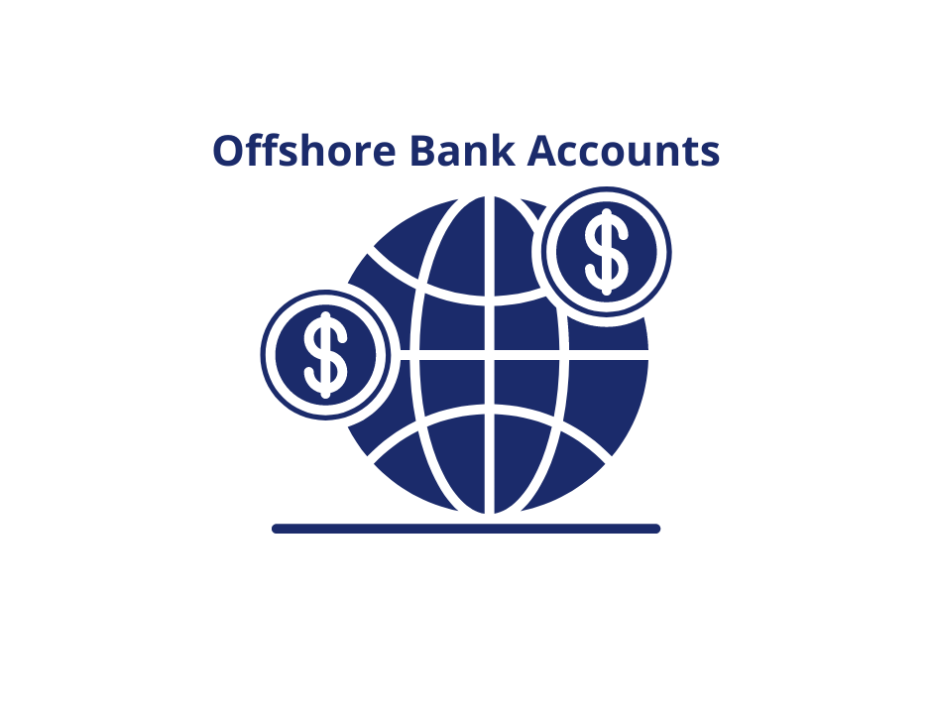Comprehending the Legal Implications of Offshore Company Development

Legal Framework for Offshore Firms
When developing an overseas business, understanding the legal structure controling its formation and procedure is critical for conformity and threat management. Offshore firms run under certain regulations and guidelines that differ from those of onshore entities. The legal structure for overseas business typically consists of provisions for business enrollment, investor requirements, director obligations, and tax obligation commitments.
Company enrollment includes sending the essential documentation to the suitable governing authorities in the picked territory. This procedure usually needs detailed info concerning the business's structure, investors, and designated tasks. Furthermore, overseas firms should stick to specific investor requirements, such as preserving a register of shareholders and keeping this info as much as date.
Supervisors of offshore firms have fiduciary duties to act in the finest interests of the company and its investors. By adhering to the legal structure controling overseas business, organizations can operate with confidence while reducing lawful threats.


Tax Implications and Rules
Understanding the tax effects and guidelines is vital when considering the establishment and procedure of an overseas business. Offshore companies are frequently subject to desirable tax regimens, providing reduced or absolutely no tax obligation prices on foreign-earned revenue.
Tax policies for offshore business differ considerably throughout territories, and it is vital to look for skilled suggestions to comprehend the details needs and commitments. Thorough understanding of tax laws and laws, as well as proper tax obligation preparation, are vital to make certain the compliant and successful procedure of an overseas firm.
Compliance Needs and Coverage
Making certain compliance with governing needs and maintaining accurate coverage are essential facets of managing an overseas company efficiently and transparently. Offshore firms must adhere to the legislations and guidelines of both the territory in which they are integrated and any various other relevant jurisdictions where they carry out Learn More Here service.
In enhancement to governing conformity, offshore firms are typically based on reporting needs to make sure transparency and avoid illegal activities such as money laundering or tax evasion. Reporting obligations might include divulging information about the company's ownership framework, monetary activities, and beneficiaries. This info might require to be shown to governing bodies, tax authorities, or other governmental companies, depending on the territory.
Preserving thorough and exact documents is important for showing compliance and replying to any kind of queries or audits successfully. Offshore firms need to apply durable coverage devices and interior controls to make sure that they meet all legal needs and run with stability.
Asset Defense and Personal Privacy Regulations
In the realm of overseas business development, an essential factor to consider is the interplay in between property security approaches and privacy regulations. By structuring possessions within an overseas firm, people can secure their wide range and diversify their holdings throughout various legal frameworks. Ultimately, comprehending the complex connection in between asset security methods and personal privacy regulations is critical when considering overseas business formation.
Risks and Challenges to Think about
When venturing into offshore business development, sensible factor to consider of possible dangers and challenges is crucial for educated decision-making and calculated preparation. One significant risk to take into consideration is the possibility of boosted analysis from governing authorities due to the regarded organization of overseas entities with tax evasion and cash laundering. This heightened scrutiny can lead to extensive compliance requirements and potential legal ramifications otherwise effectively dealt with. Additionally, political instability or changes in offshore territories can pose a danger to the continuity of operations and the security of assets held by the overseas firm.
Challenges might additionally emerge concerning the complexity of offshore business frameworks and the requirement for experienced lawful and monetary guidance to browse the detailed regulative structures of different territories (offshore company formation). Maintaining conformity with differing global regulations and policies, in addition to prospective language barriers and cultural differences, can further complicate the overseas company formation process. It is visit this site vital to be mindful of these threats and challenges before continuing with overseas business formation to minimize potential pitfalls and ensure a lawfully audio and smooth establishment
Verdict
To conclude, offshore business formation involves navigating complex legal frameworks, tax obligation ramifications, compliance demands, and privacy legislations. Understanding these aspects is important read the article for minimizing threats and challenges related to overseas service procedures. It is essential for individuals and organizations considering offshore firm development to seek professional advice to make certain compliance with regulations and to protect their properties properly.
The lawful framework for offshore business generally consists of provisions for business registration, investor requirements, director responsibilities, and tax responsibilities.
Supervisors of overseas business have fiduciary obligations to act in the finest rate of interests of the firm and its investors. By sticking to the lawful structure regulating offshore firms, businesses can operate with confidence while reducing lawful dangers.
Additionally, political instability or adjustments in offshore territories can posture a threat to the continuity of procedures and the security of assets held by the offshore firm. - offshore company formation
In conclusion, offshore company development includes browsing complex legal structures, tax obligation effects, compliance demands, and privacy laws.
Comments on “Offshore Company Formation: Structure Your Company Past Boundaries”